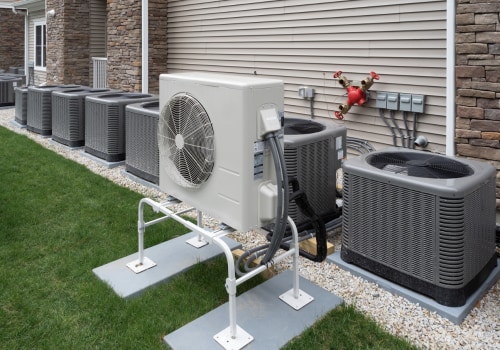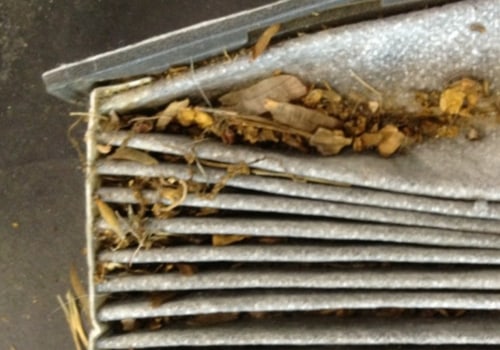Driving without a cabin air filter is not recommended, as it can have a negative impact on your car's performance and the health of its passengers. While there is no direct effect on engine performance, the lack of a cabin air filter can cause leaves and other debris to get stuck in the system, which affects the cabin air temperature. Additionally, a dirty or clogged cabin air filter can cause problems for people with allergies or difficulty breathing. Fortunately, replacing your cabin air filter is an easy and important part of regular vehicle maintenance.
When air passes over the cabin air filter, debris is trapped by the filter and stops instead of being pumped into the car. This helps to ensure that passengers don't have to roll down windows in the middle of winter to get fresh air. In addition, electrostatic filters provide 20-60% better filter efficiency than other cabin air filters at all particle diameters (6 — 520 nm). A good rule of thumb is to replace your cabin air filter every February, before spring allergy season hits, especially if you live in an area with lots of trees.
Refer to your car's owner's manual on how to clean the cabin air filter or watch a video that explains how to remove and clean it. Be careful not to break any of the clips or pins that hold it in place. Changing the cabin air filter at regular intervals will ensure that your car runs smoothly and that passengers are breathing clean air. Ignoring it can cause some rather uncomfortable effects, so make sure you replace your cabin air filter when necessary.



